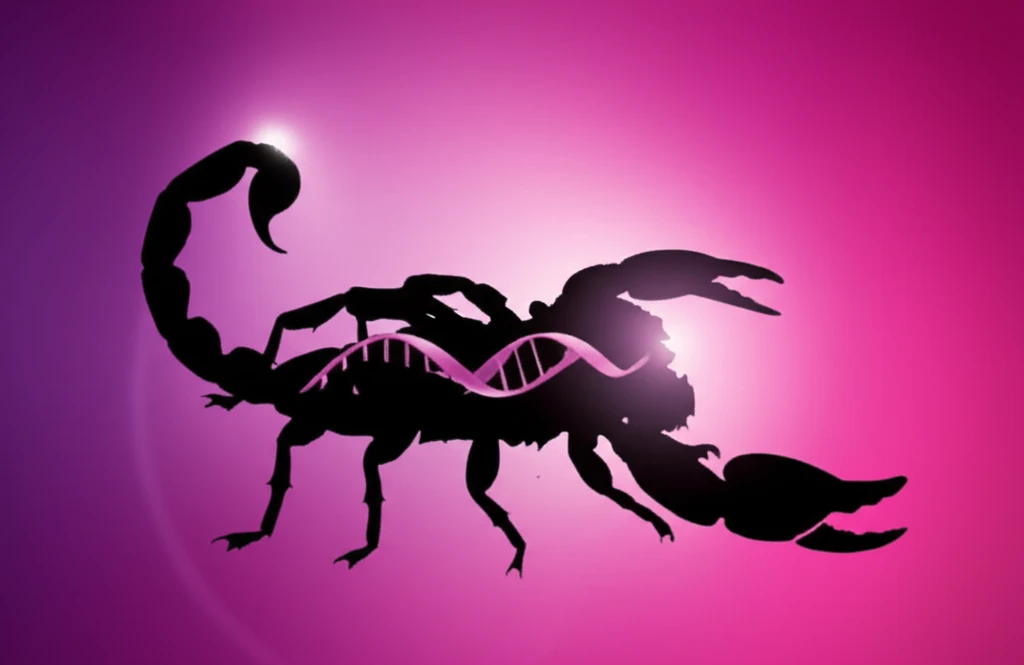
Scorpion Venom: A Surprising Weapon Against Breast Cancer?
"New research explores how scorpion venom extracts can inhibit the growth of breast cancer cells, offering a potential new avenue for treatment."
Neoplastic diseases are a significant and increasing concern in the medical field, representing a leading cause of human mortality and a serious threat to global health. Consequently, the scientific community is actively searching for effective, low-toxicity anticancer drugs and treatment strategies. In addition to conventional methods like surgery, chemotherapy, and radiotherapy, there's growing interest in biological therapies and integrative medicine.
Scorpion venom, a complex biological toxin, has garnered attention for its diverse physiological effects, including anti-epileptic, anti-cancer, analgesic, and fibrinolytic properties. Prior research suggests that scorpion venom, specifically from the Buthus matensii Karsch species, can inhibit the proliferation of human esophageal and colon cancer cell lines, reduce mitotic index, and extend survival time in mice with Ehrlich ascites carcinoma.
This article delves into a study that investigates the inhibitory effects of Buthus matensii Karsch (BmK) scorpion venom extracts on human breast cancer MCF-7 cells, aiming to elucidate the underlying mechanisms. By exploring the venom's impact on apoptosis and cell cycle progression, this research offers valuable insights into its potential as a novel anticancer agent.
How Scorpion Venom Fights Cancer: Inducing Apoptosis and Disrupting the Cell Cycle

The study examined the impact of BmK scorpion venom extracts on two common tumor cell lines: SMMC7721 (liver cancer) and MCF-7 (breast cancer). Using the MTT assay, researchers determined that MCF-7 cells exhibited greater sensitivity to the venom. This initial finding led the team to focus on MCF-7 cells to further investigate the venom's anticancer mechanisms.
- Increased the levels of Caspase-3, a key protein involved in initiating apoptosis.
- Decreased the levels of Bcl-2, a protein that suppresses apoptosis, thereby removing a protective mechanism that cancer cells often employ.
The Future of Scorpion Venom in Cancer Therapy
This research provides compelling evidence that BmK scorpion venom extracts possess significant anticancer activity against breast cancer cells. By inducing apoptosis and disrupting the cell cycle, the venom effectively inhibits the growth and proliferation of MCF-7 cells.
These findings suggest that BmK scorpion venom holds promise as a potential therapeutic agent for breast cancer treatment. Further research is warranted to identify and purify the specific active components within the venom, optimize delivery methods, and evaluate its efficacy and safety in preclinical and clinical trials.
While further studies are needed, this research highlights the potential of natural compounds like scorpion venom to contribute to novel cancer therapies, offering a beacon of hope in the ongoing fight against this devastating disease.
